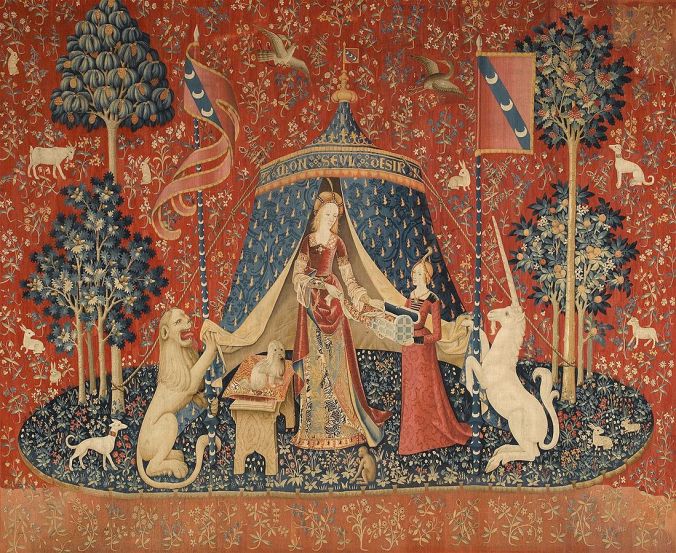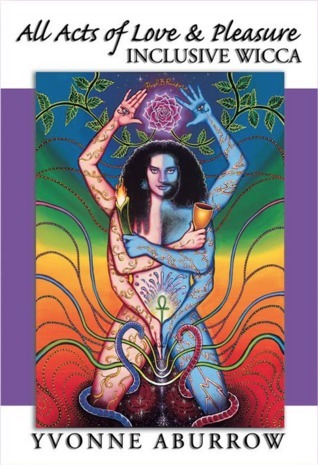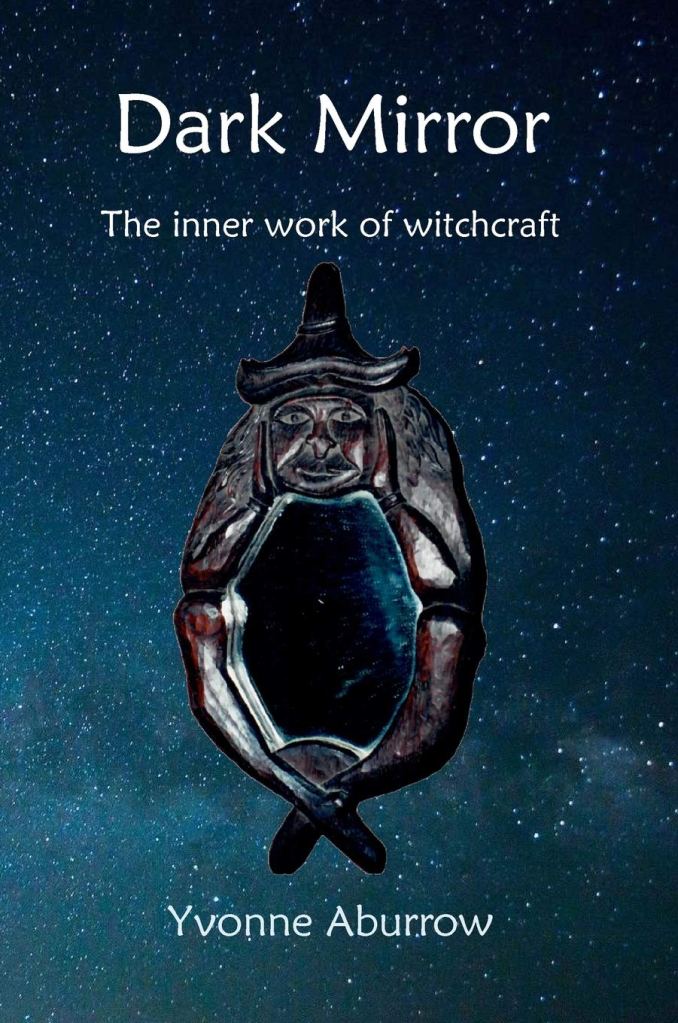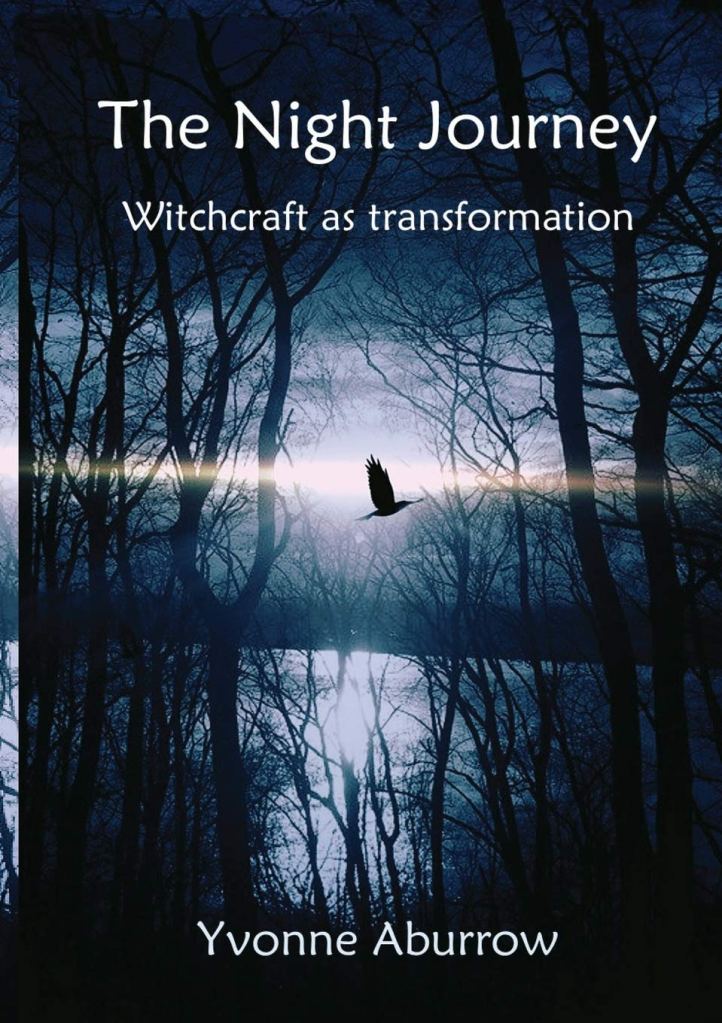There has been a lot of talk recently about “identity politics”. This seems to be the new phrase with which to beat lefties over the head, now that “it’s political correctness gone mad” has been so thoroughly discredited, and “snowflake” seems to have waned in popularity.
I have even seen people saying that the Left is disintegrating because of identity politics. I beg to to differ. I would suggest that the Left has been floundering about looking for a sense of purpose and an economic model to follow ever since the fall of communism. The Left has been put on the defensive by the onslaught of austerity politics, the seeming inevitability of capitalism, the lack of agreement about other economic models, and the rise of the alt-right. The rise of Jeremy Corbyn and Bernie Sanders shows that there is a real hunger for genuine socialism.
It’s kind of ironic that the people who identify with the unmarked default (the identities that are considered “just normal” and therefore not to need a special label) are the ones who feel that their identity and social position is threatened by the marginalised and the dispossessed. These are the same people who voted for Brexit and Trump in droves because they felt that their identity was threatened by immigration. But that’s not “identity politics”, according to them, because they are the unmarked default, the “just normal” people (cisgender, Christian, WASP, heterosexual, white, male, and so on). The people who resist labels because they say they don’t need one.
What is identity?
Identity is not a matter of creating identical clones of people who adopt a particular label. There is a great deal of diversity within the various categories, and that is good. Often, there are attempts to sweep differences under the carpet and suppress difference, often disguised as calls for unity.
Identity is a mixture of internal and external – how we see ourselves from within, how we project that with our image, and how others respond to us. Obviously some aspects of that can’t be changed (e.g. skin colour), but LGBT or Black identities are an internal set of feelings as well as an external appearance. In order to identify with a particular label, one needs to feel kinship or common ground with others who fit that label. Given the constant barrage of negative messages directed at Black people, indigenous people, LGBTQIA people, and disabled people, individuals in these communities need a strong sense of pride and distinctiveness to counteract the negativity. Hence the importance of affirming that Black is beautiful, and the unhelpfulness of saying “I don’t see colour”.
We are all human beings – some people want to use that a reason to ignore difference, to pretend that someone isn’t LGBT, or say that “it doesn’t matter to me what other people do in bed” (as if same-sex relationships were only about sex, which they obviously are not) or to “not see colour” – but everyone is an unique combination of beauty and diversity, and we should celebrate that. And each form of oppression of that beauty and diversity is different, with its own distinct history which is different in different places, which is why we need feminism, and LGBT liberation, and Black liberation, and indigenous self-empowerment, and the disability rights campaign, and their respective history months, rather than a single munged-together “human” campaign.
Intersecting identities
Most people have more than one label that fits them (for example, genderqueer Pagan bisexual woman). Some of these labels are self-chosen and others are imposed from outside. I am white and British, but I identify as European. I acknowledge that I am white, but I’m not particularly proud of being white, because of all the awful stuff that has been done to shore up white supremacy. I also have white privilege. I didn’t ask for it, but I have got it. (Privilege is a mixture of rights that everyone should have but only certain groups do have, and getting away with stuff that other groups wouldn’t get away with.)
Kimberlé Crenshaw coined the term intersectionality to describe the way that ethnicity, social class, gender, sex, age, religion, and sexual orientation intersect to produce different identities, and different ways in which groups can be oppressed. She noticed that Black women are oppressed both as Black and female, and that the oppressions intersect, and cannot be dealt with singly without ignoring the other aspect of their selves.
Paganism and identity
Pagan religions are mostly welcoming towards diversity, but they are often not very inclusive or accommodating of difference, because things are set up in a way that benefits the majority, and people don’t sit down and figure out how to include disabled people, or make sure that they are involved in organising. Quite often these omissions are uninentional, but that just means we need to be more intentional about inclusion (and the same applies to me – I have made mistakes in this area myself).
We need to look at the ways in which events and rituals are structured and conceptually framed in ways that might exclude particular categories of people. For example, if your ritual is outdoors and involves trekking across miles of rugged moor and fen, it will be inaccessible to people with mobility issues. If your ritual is unsuitable for children, it makes it harder for people with childcare responsibilities to attend it. If your ritual structure is based entirely on the idea of two genders interacting, you automatically exclude non-binary and genderqueer people. (It’s fine to celebrate your heterosexuality – but there’s no need to base the entire ritual and its structure on heterocentric assumptions.) It’s actually fun to create rituals that are inclusive of everyone who will be present.

“Always be yourself, unless you can be a unicorn, and then always be a unicorn”.
Desire, from the The Lady and the Unicorn, Public Domain, Wikipedia
If you enjoyed this post, you might like my books.



Well you can be a leftist and be against idpol. Most Marxists and anarchists are. Like the people from leftypol.
LikeLike
It seems to me that those Marxists and anarchists who oppose “identity politics” want to subsume everything under a catch-all category of anti-capitalism, or oppression of the workers, or whatever their particular beef happens to be. I agree that a Marxist analysis is useful up to a point, but it’s not an intersectional understanding of oppression, so I think it fails to provide an analysis of the varied oppression of different groups. Same applies to anti-capitalism. And lot of those Marxists and anarchists are all “get in the queue, we’ll fix your issues after the revolution” when people are dying for being transgender or disabled right now.
LikeLike
“The rise of Jeremy Corbyn and Bernie Sanders shows that there is a real hunger for genuine socialism.” Lol, wrong. Social democracy is not socialism.
LikeLike
In the UK, social democracy is socialism. And if I couldn’t get real socialism, I’d settle for Bernie Sanders.
LikeLike
Socialism is a political system, it has a set meaning. Socialism is not social democracy and the definition of socialism does not change based on the country. An actual socialist country may adapt socialism to the local culture and material conditions but you can’t have a completely different economic system (social democracy) and call it socialism. Words have meanings.
LikeLike
For me, the weird thing is that the people who complain about “identity politics” tend to forget that upholding the “values” (such as they are) of the white supremacist cisgender heteronormative patriarchy is identity politics as well.
LikeLike
So true!
LikeLike
The concept of identity politics is not new, but it has often been used as a slur – rather revealingly – against those trying to reclaim identities that others had ascribed to us, for ourselves. (You can see it being used as a slur in papers written on the subject as far back as the 90s at least.) The term ‘strategic essentialism’ has always made sense to me (thanks to Lindsay Wolf for reminding about this concept, which is by Spivak). I am a disabled person – but I’m not sure I want to be one. I would love to live in a society where people with significant impairments were not oppressed on a daily basis, and that the category of ‘disabled’ therefore became irrelevant. But until we are living in that society, I am a disabled person, and pretending I’m not oppressed only gives more power to the hegemony. Coming together with others who face that oppression *really* helps. It gives more power to our voices, gives me support from others who understand the oppression we all face, and creates community where before there was only isolation. I’m sad when I see comments like “we’re all human” and “you’re creating division” in this context. No – the hegemony, the power in society, created the division. It declared that I am Other. I now reclaim the identity that has been ascribed to me, and in naming it, I give it power. For when we know the names of things, we have power over them, and sovereignty in them.
Thanks for linking to my post 🙂
LikeLike
I have always regarded “identity politics” as a peculiarly right-wing thing. In the apartheid era in South Africa it was always the white right that regarded identity, especially racial identity, as important. And they made it important. Those who had racial identity had life, those who did not had no life — they had nowhere to live, nowhere to work, nowhere to go to school.
Identity politics is a product of the ideology of white supremacy, whereas the left has always promoted the idea of a society in which class, sex and race have ceased to count in doling out human rights and human dignity.
LikeLiked by 1 person
Yes so it’s particularly ironic for the right (or anyone else) to use it as a stick to beat the left over the head with!
Thanks for visiting my “Throwback Thursday” post — I copied Brenton’s idea of sharing old posts that seem worth revisiting.
LikeLike